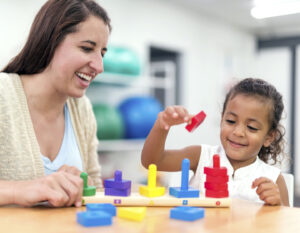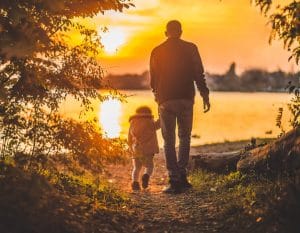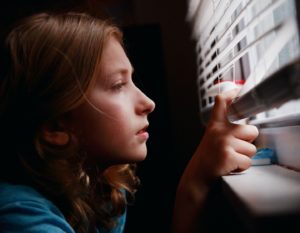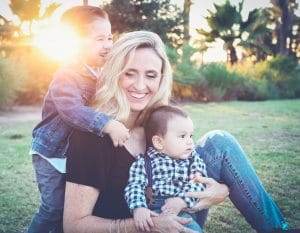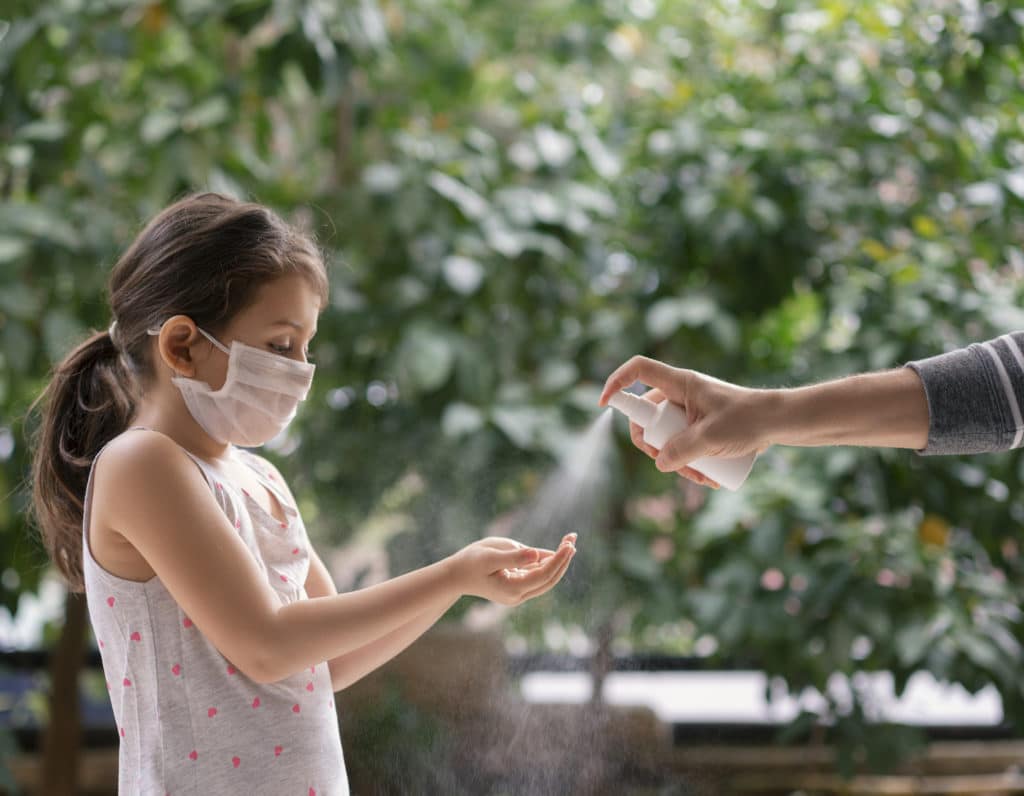

Gleneagles Hospital Hong Kong on COVID-19 and how it might impact the younger members of your family.
Naturally, as a parent, you’re going to be concerned about your little ones. From the moment you peed on that stick, all you ever want to do is protect them. With COVID-19 impacting Hong Kong families in different ways, we’ve spoken to Dr Philip Sham, Specialist in Paediatrics at Gleneagles Hospital Hong Kong, to answer some questions you might have about your child’s health.
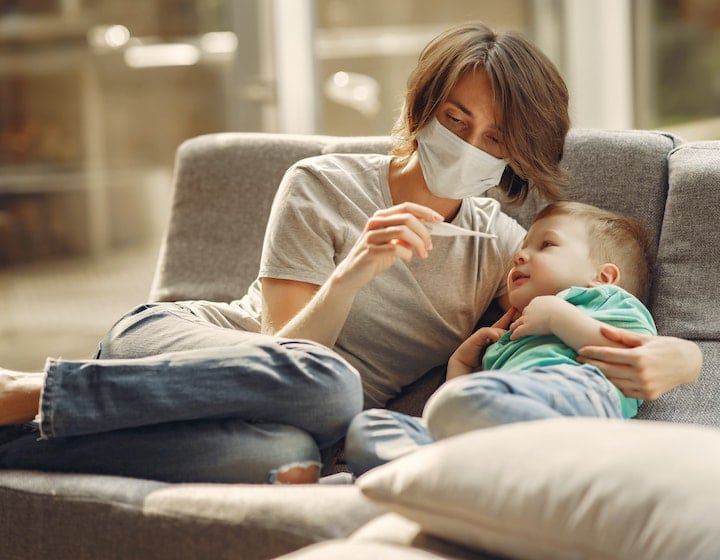

COVID-19 And Children: Prevention And Precautions
Is it better to let my kids go out to the playgrounds and parks that are still open, or avoid them at the moment? (If yes, what precautions should I take?)
Most playgrounds and parks are closed as recommended by the government. We all understand the importance of social distancing but it is also good for the kids to go out for a short walk for 1 to 2 hours per day. Remember to wear a mask, keep a distance from other kids and wash hands frequently.
If I step out of the house, should I make my child wear a mask or not? (What’s a good way to protect your baby if you can’t find a mask to fit?)
This depends on the age of the child. It is not recommended for children below one-year-old to wear a mask as they will keep on pulling that away. Touching the mask frequently is unsafe. If you can’t find a mask which fits, wash your hands frequently and avoid rubbing your eyes and nose.
Do we need a humidifier at home? Will that help any symptoms?
A humidifier at home may not boost up your immunity or help any symptoms. However, there is no harm using it. So if you are using it and you are happy with that, keep it with you.
What is safe in terms of sanitisers and disinfectants to use with babies and young children?
Most sanitisers and disinfectants that are being sold in the market are safe for babies and young children, and it is recommended to use 70% alcohol-based hand rub.
What about immunity boosters? Is there anything I should follow to improve my kids’ health and immunity that might help prevent the virus?
I personally do not believe in immunity boosters besides vaccines. However, we all know that vaccines for COVID-19 are not yet available. To improve your kid’s health, vitamin D supplement may help as there have been studies showing that this can help in a certain group of patients with asthma, allergic rhinitis and allergic conjunctivitis. There is no harm and it’s inexpensive.
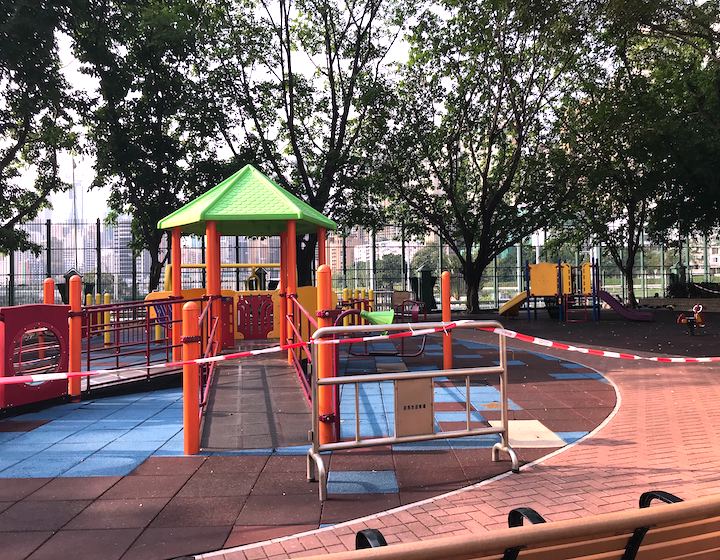

COVID-19 And Children: Spotting The Signs
What should we look for to know if our baby might have the virus? Fever? Cough?
About 10% of children infected with COVID-19 are asymptomatic. Fever, cough, runny nose and generalised malaise are common symptoms, very similar to a common cold.
What medicine can we give them? How do we deal with the cough?
We strongly recommend parents to bring their kids to see their doctors in case they are unwell. We will still give medicine to relieve their symptoms such as fever, cough and runny nose. Do not try to manage them by yourself at home. Early testing, early diagnosis and early appropriate measures can be applied.
Is it possible to have only one of the main symptoms and still have the virus?
Yes, no symptoms are also possible, particularly in children. Therefore it makes isolation difficult.
What are the worst symptoms we should expect for children? Will their lungs fill with fluid, like pneumonia?
Unlike adults, only less than 1% of children with COVID-19, particularly those below the age of 10, needs intensive care and the death rate is very low. Quite a lot of these severe cases had underlying medical problems. Pneumonia, or lower respiratory tract involvement, is also common in children with COVID-19.
If it looks like my child might have symptoms (mild or not), should I keep them at home?
If you suspect your child is suffering from COVID-19, see a doctor as soon as possible instead of keeping them at home. You never know when it will deteriorate. Bringing them to see a doctor can also stop the virus from spreading within the community.
How long does COVID-19 last in babies and children? Five days? Two weeks?
So far no one knows the answer to this question. There had been reports showing that these viruses are still found in faeces of COVID-19 patients two weeks after the diagnosis.
What do we do if our babies have a hard time breathing in the middle of the night? How can we help? Should they sleep on an incline?
If you suspect your child is having difficulty breathing, whenever in the day or in the middle of the night, you have to consider bringing him or her to see a doctor. He or she may be suffering from asthma which may need early treatment.
Is there any cough medicine that can help and how can we bring the fever down? (Cool bath? Air conditioning? Cold towel?)
So far no medication is of proven benefit for patients with COVID-19. We do not know if cough medicine can help. To bring down the fever, as usual, using drugs, bathing, wiping with towels and tepid sponge, drinking more water etc are the ways. Bringing down the fever can reduce the metabolic rate of the person and may improve survival, particularly in severe cases.
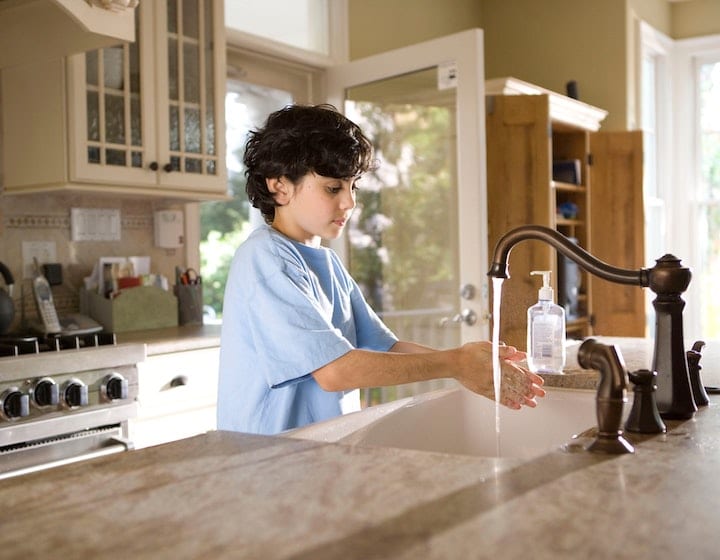

COVID-19 And Children: Other Questions
Should I still go to the doctor’s office for other illnesses? Is it safe?
Clinics and hospitals have taken measures to ensure a safe environment for medical staff and patients, which can provide peace of mind for patients to come. Some patients are still going to clinics or hospitals for vaccinations for example.
Is it true that ibuprofen can make the infection worse and should we avoid giving it to our children for now?
No, this is wrong and please continue to give ibuprofen to your kids if you are told by your doctor to do so.
What happens to my kids, if I have symptoms and I am in quarantine?
Your kids are of course likely to be your close contacts. This means they will be quarantined for 14 days and might be tested for the virus. However, as a lot of kids run a mild disease course, whether drugs will be given to them depends on the doctor-in-charge.
Can the virus cause long term damage in a child even if they don’t get critically ill?
We do not know the answer to this question yet. However, a lot of children recover well from the disease without consequences, unlike the adults.
There is talk of this virus being around till or going away now and resurfacing in winter, is that true? How can I protect my kids for the future?
We do not know whether the statement is true or not. The disease is new to us. To protect your kids, avoid social gatherings in the meantime, wash your hands and wear a mask if possible. Do not rub your eyes or nose.
Gleneagles Hospital Hong Kong, 1 Nam Fung Path, Wong Chuk Hang, Hong Kong, 3153 9000, www.gleneagles.hk
Editor’s note: This article is to offer information but is in no way meant to replace the need to see a doctor. If you are unsure or have any questions please reach out to Gleneagles Hospital Hong Kong for further advice.
 View All
View All


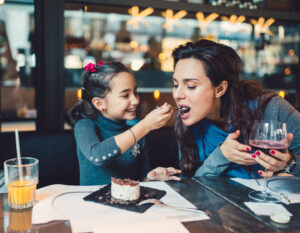








 View All
View All





 View All
View All


 View All
View All
